

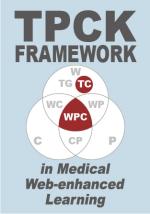
Theme
5II Online learning 2
INSTITUTION
Department of Education, China Medical University Hospital, Taichung, Taiwan
School of Medicine, China Medical University, Taichung, Taiwan
Mishra, P., & Koehler, M. J. (2006). Technological pedagogical content knowledge: A framework for teacher knowledge. Teachers College Record, 108(6), 1017-1054.
Lee, M. H., & Tsai, C. C. (2010). Exploring teachers' perceived self efficacy and technological pedagogical content knowledge with respect to educational use of the World Wide Web. Instructional Science, 38(1), 1-21.
Poster design assisted by Wen-Chun Chuang, Instructional Designer, China Medical University, Taichung, Taiwan. E-mail: chuangw@mail.cmu.edu.tw
I would like to express my deep gratitude to Professor Chin-Chung Tsai, my research supervisor, for his patient guidance on this study. I would also like to thank Professor Chia-Der Lin, Professor Walter Chen, Professor Cheng-Chun Lee and Professor Cheng-Chieh Lin for their support on the implementation of relevant e-learning program.
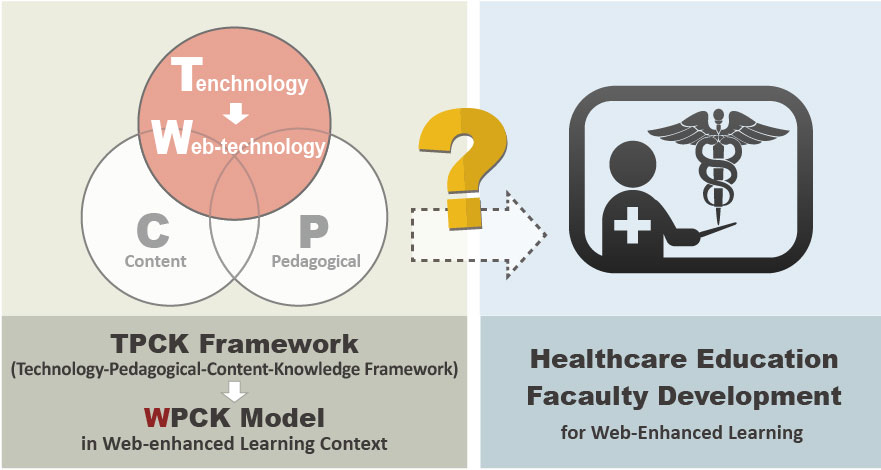
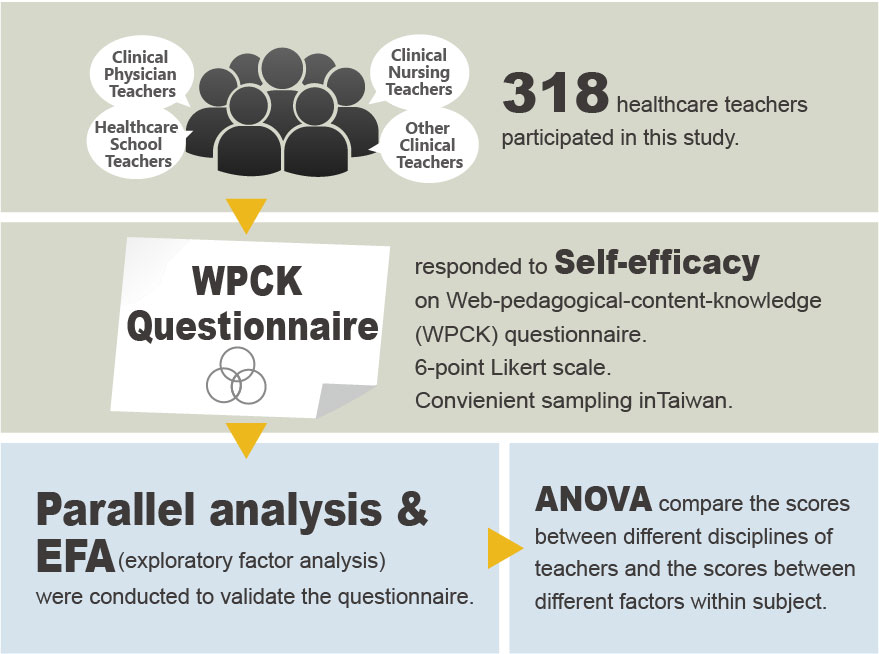
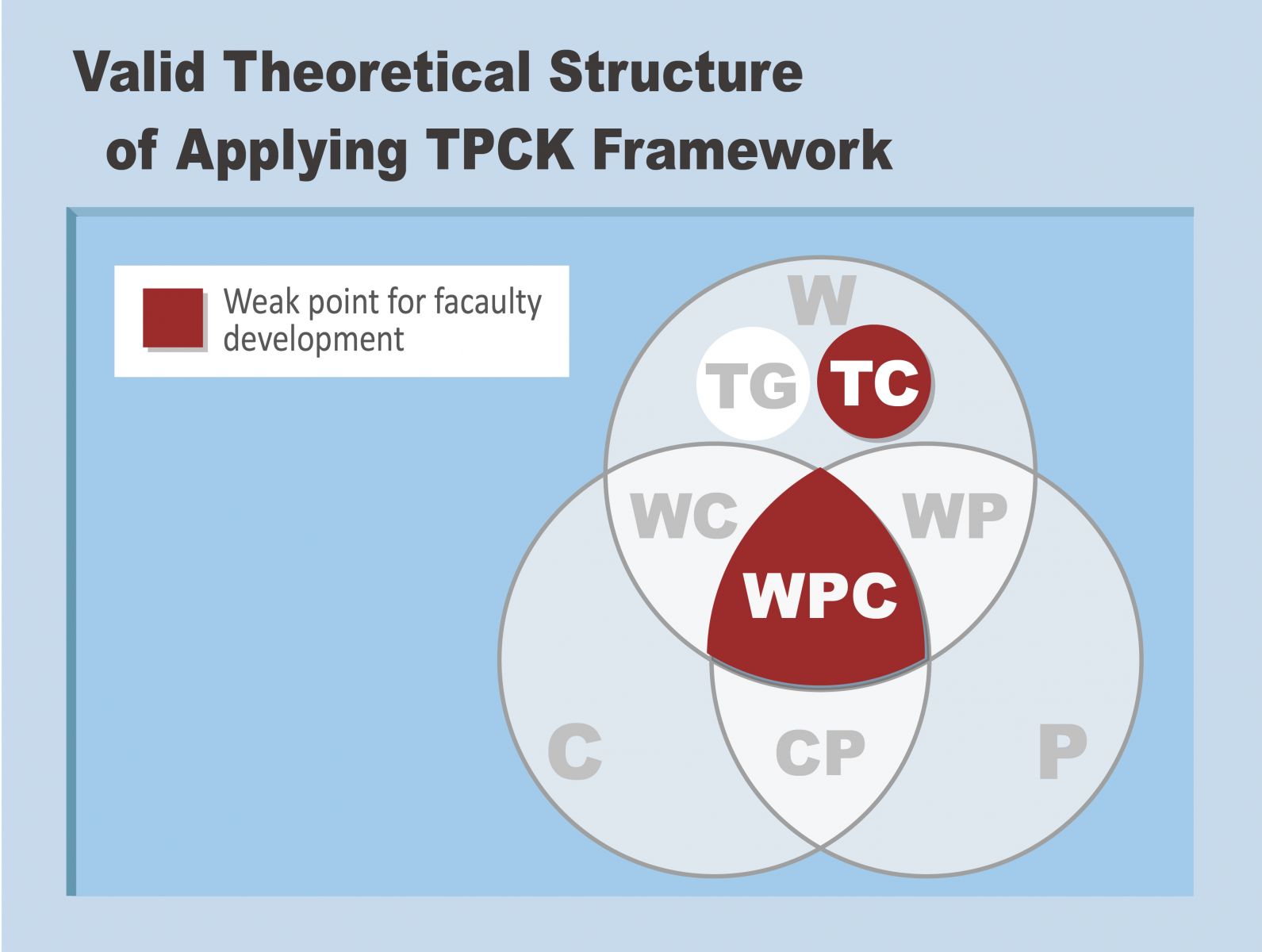
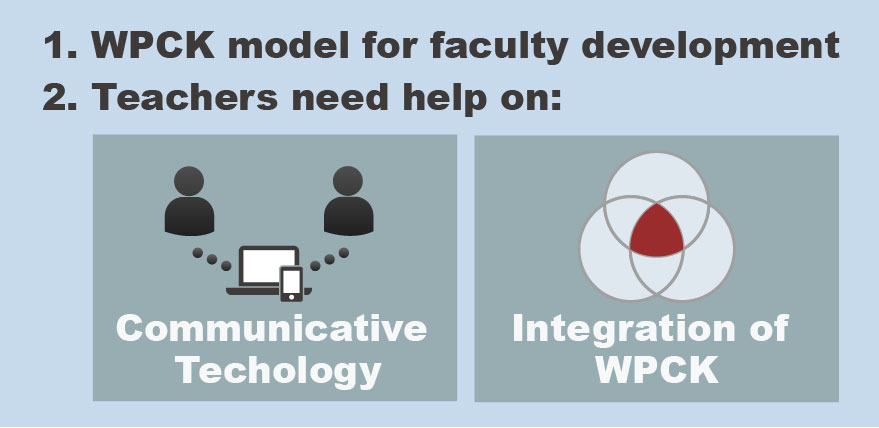
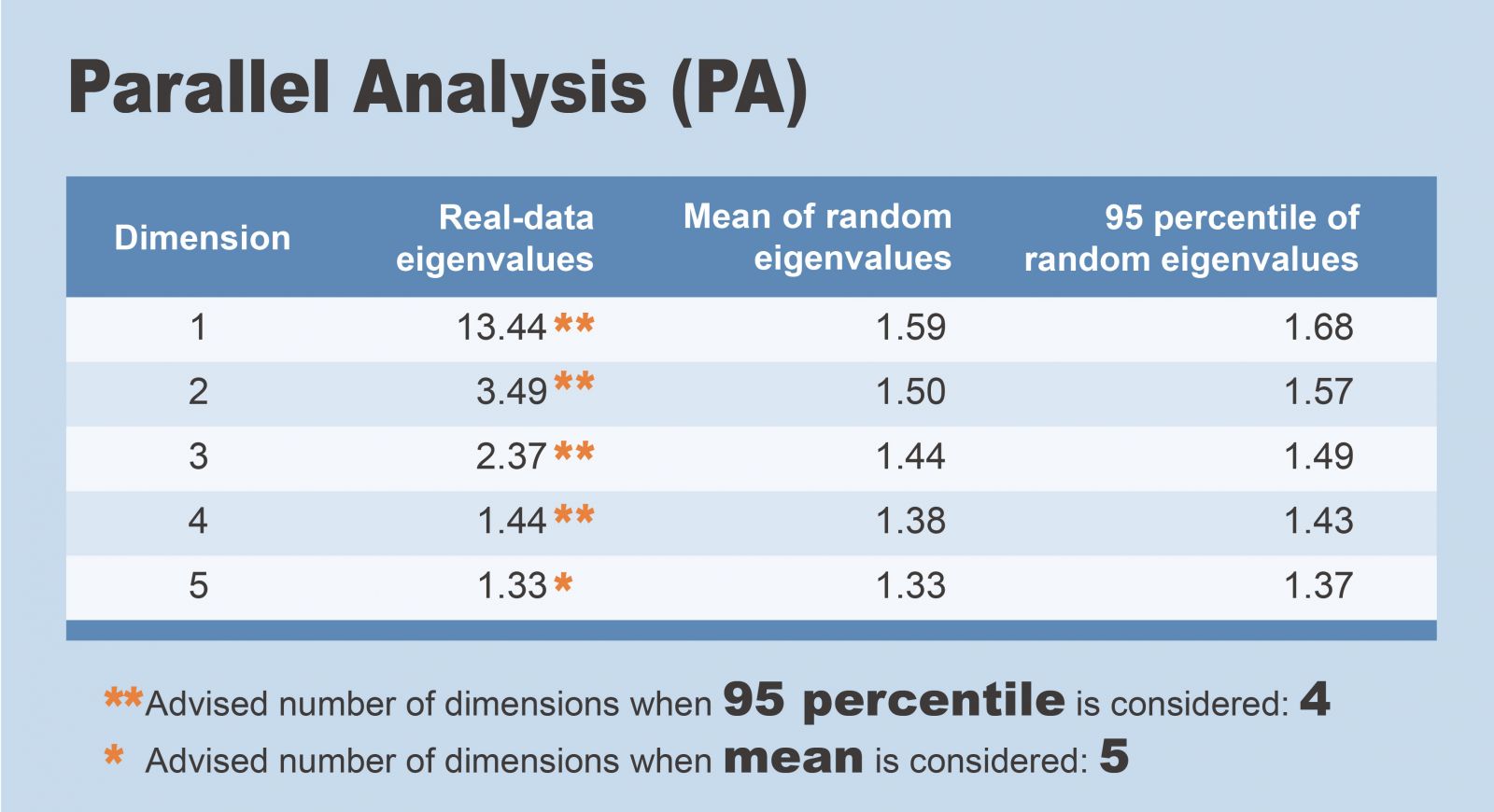
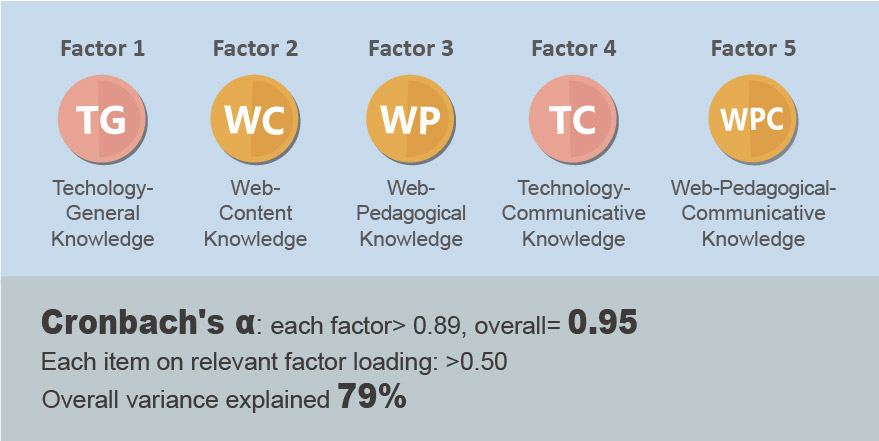
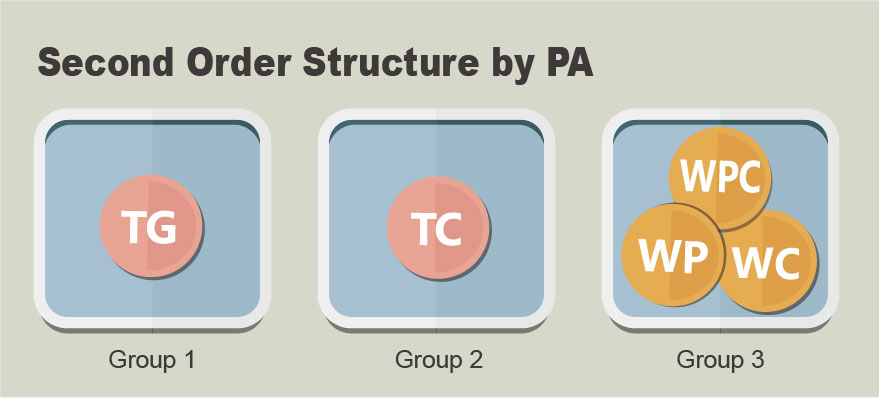
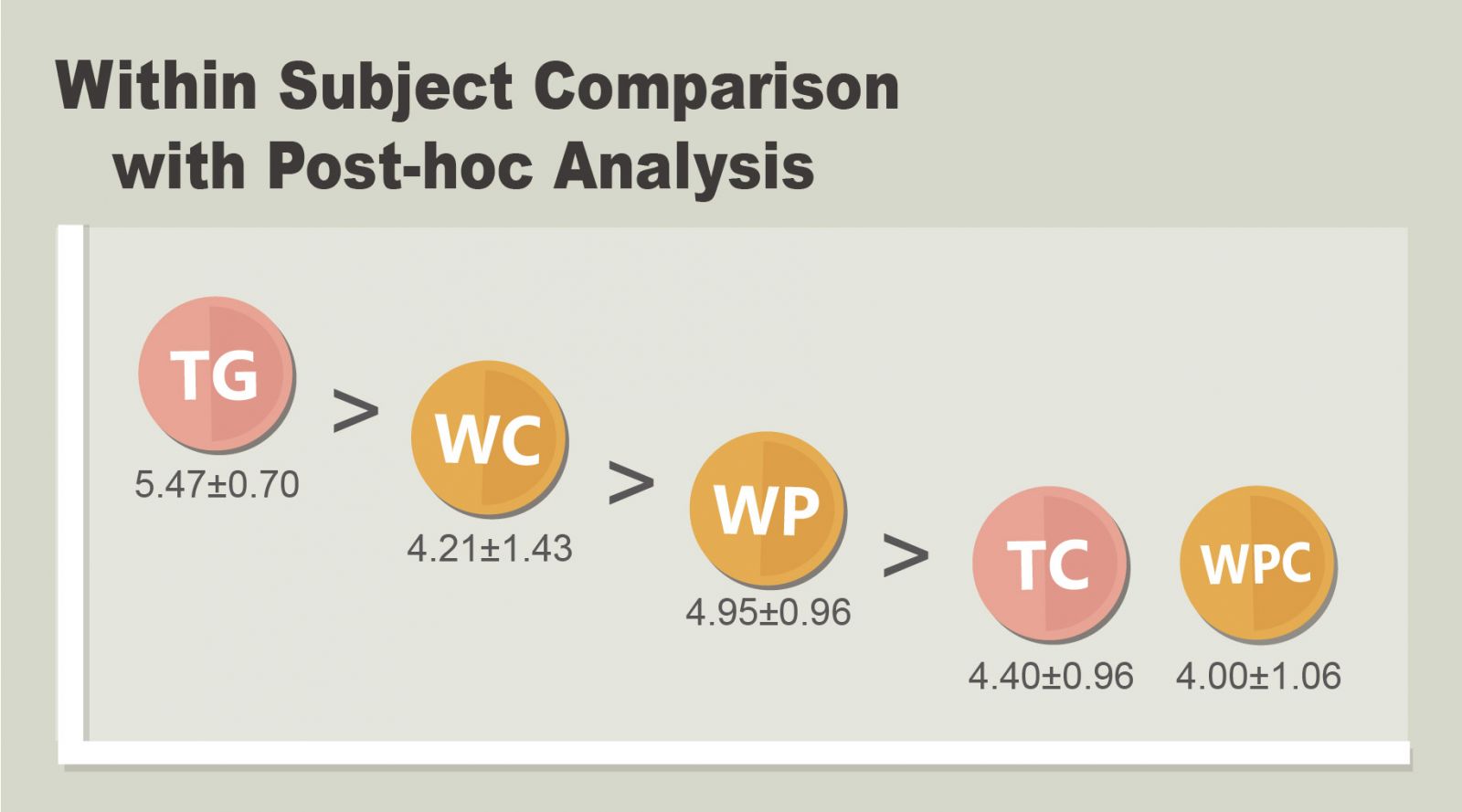
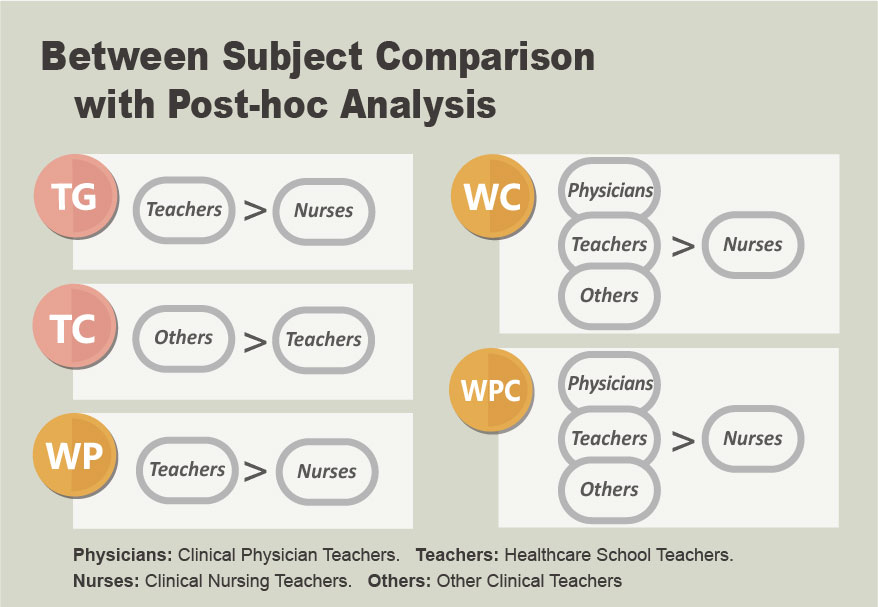
 Send Email
Send Email